Featured Resource
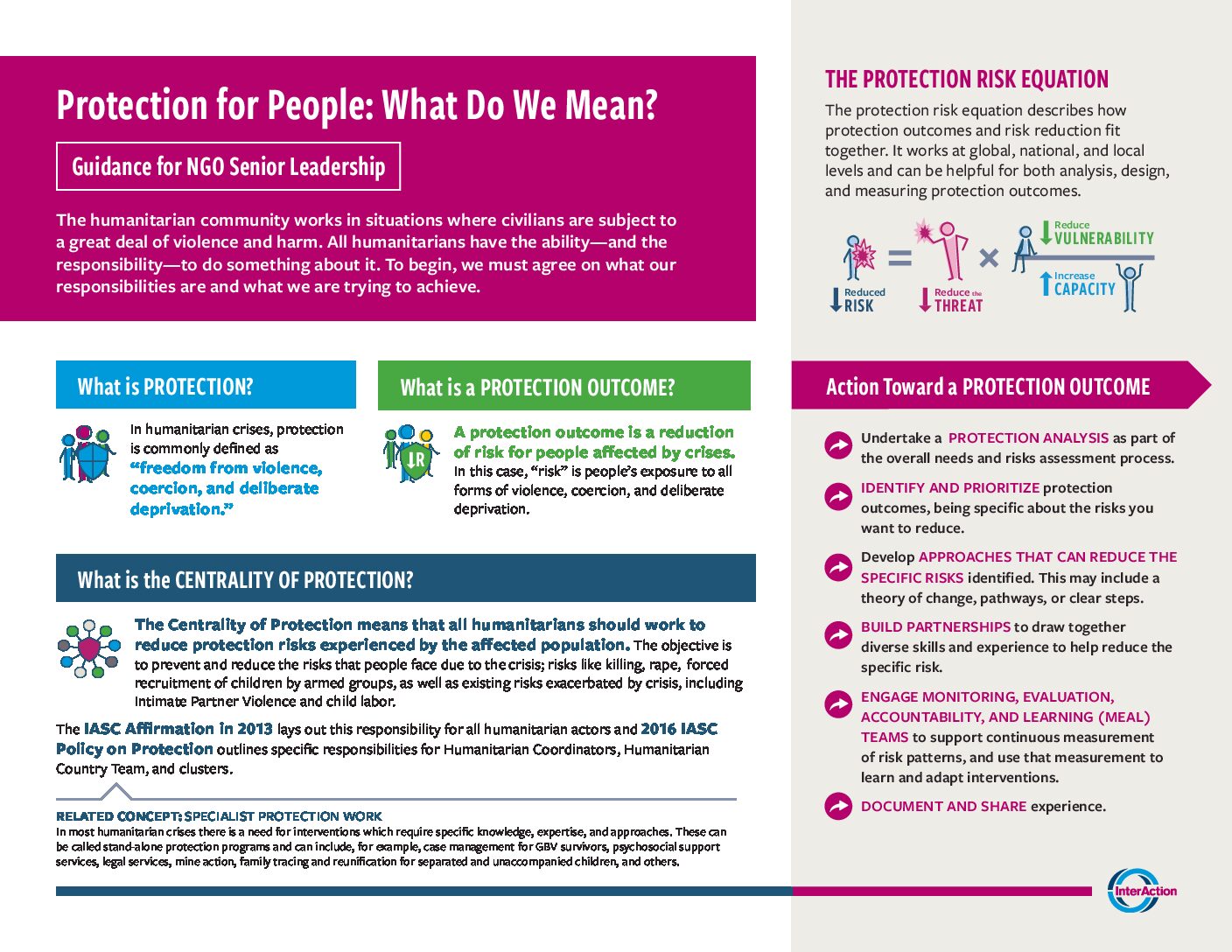 Protection for People: What Do We Mean? Guidance for Senior Leadership
Protection for People: What Do We Mean? Guidance for Senior Leadership
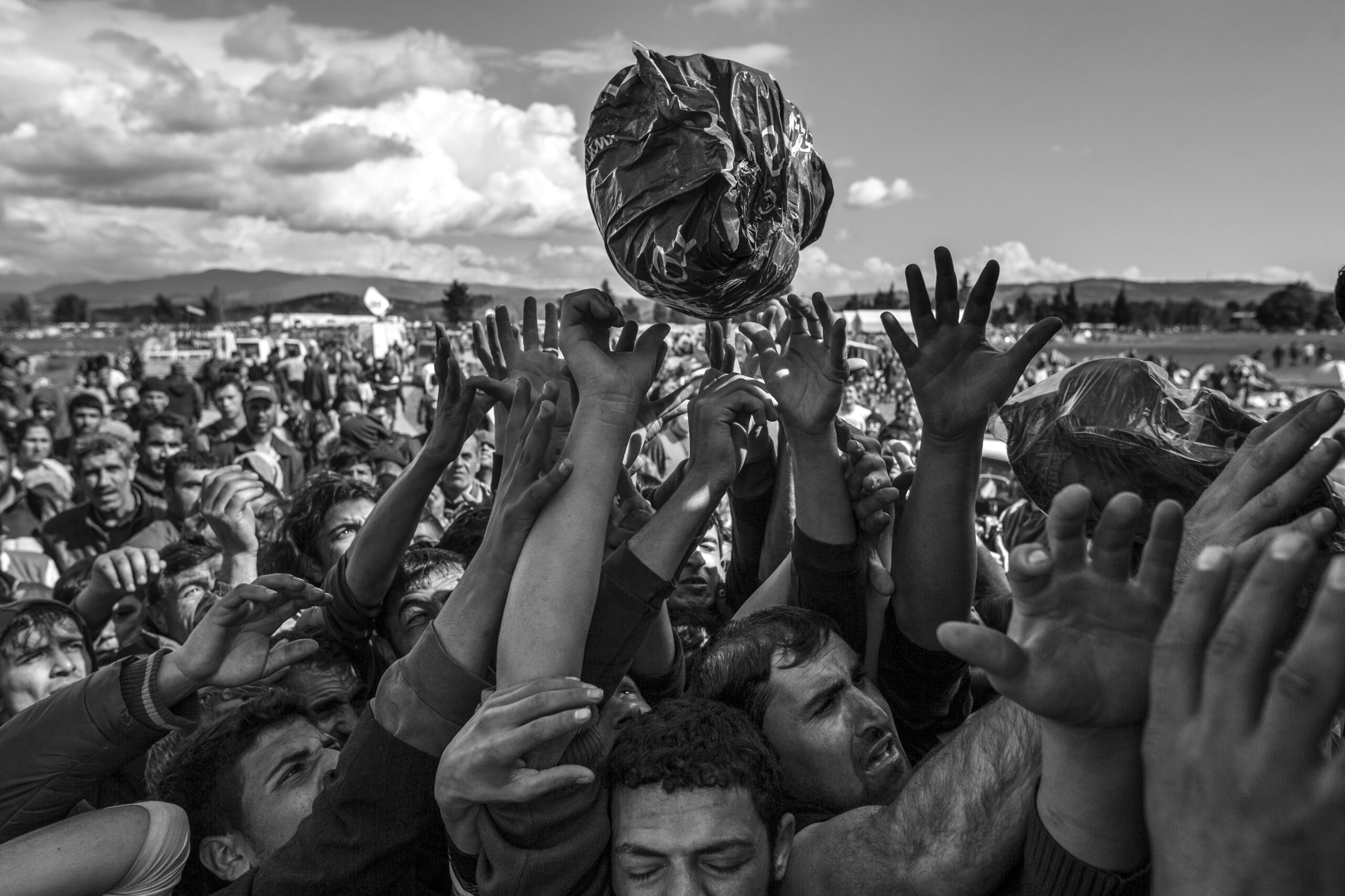
InterAction has published and collected resources including tools, reports, project evaluations, blogposts, and others from Members and partners that promote results-based approaches to protection since 2012; all of which can be found in this resource library. To explore practical case examples of RBP in practice, visit the case example page. Background photo By: Simon Moricz Sabjan is licensed under the CC BY-NC 4.0 license.
The Professional Standards for Protection Work (third edition) has been published and was launched in March 2018. These encompass a set of minimum but essential standards for ensuring protection work is safe and effective, reflecting shared thinking and agreed Standards among humanitarian and human rights practitioners.
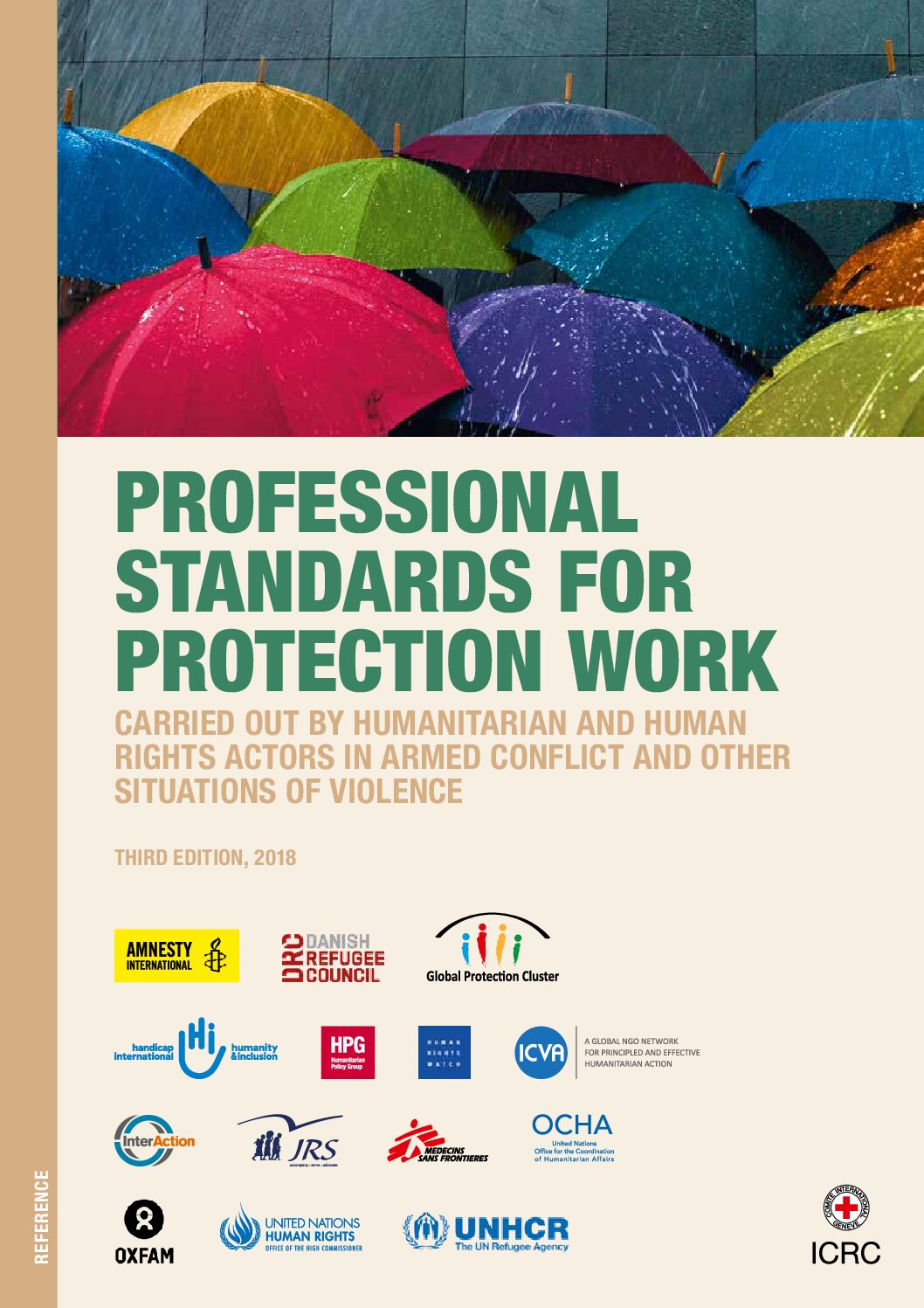
This note from USAID collects a few tips targeted at those funding and managing projects/partnerships for how to proactively cultivate an environment that enables CLA to flourish.
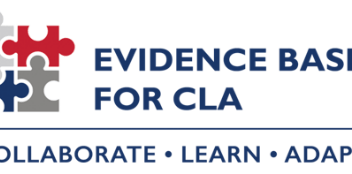
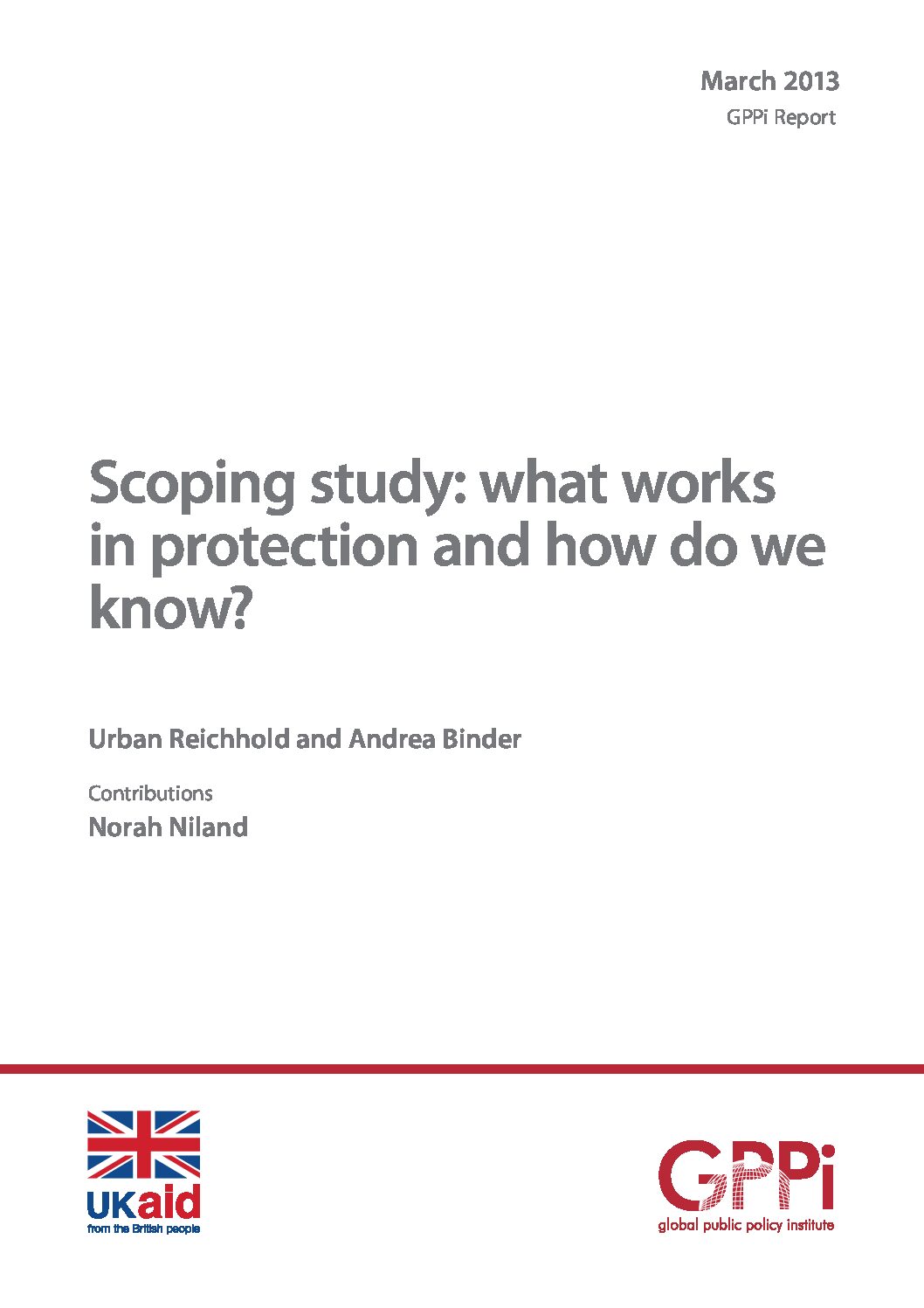
The Advisory Committee is committed to upholding and respecting the following norms throughout the duration of the project (2019-2021) and will therefore intentionally reflect on norms when making decisions and providing strategic direction and technical input.
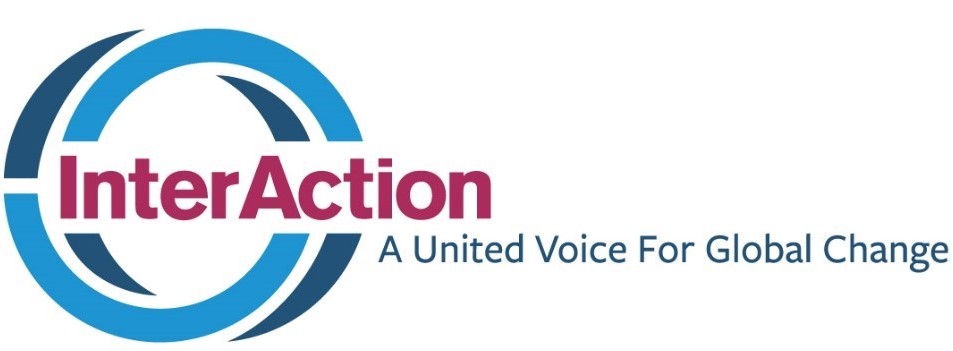

With the generous support from the Swedish Development Cooperation Agency (SIDA), InterAction’s project, ‘Strengthening Ways of Working for Protection Outcomes’, aims to facilitate the collaborative development of a results-based evaluation framework that will guide approaches to measure GBV prevention of sexual and gender-based violence in crisis contexts.

This working paper, prepared in advance of the Annual ALNAP meeting in Sweden, primarily attempts to reassess the assumptions of how ‘change initiatives’ actually transform the humanitarian ‘system’, seeking to clarify both how change happens and how change can be supported.
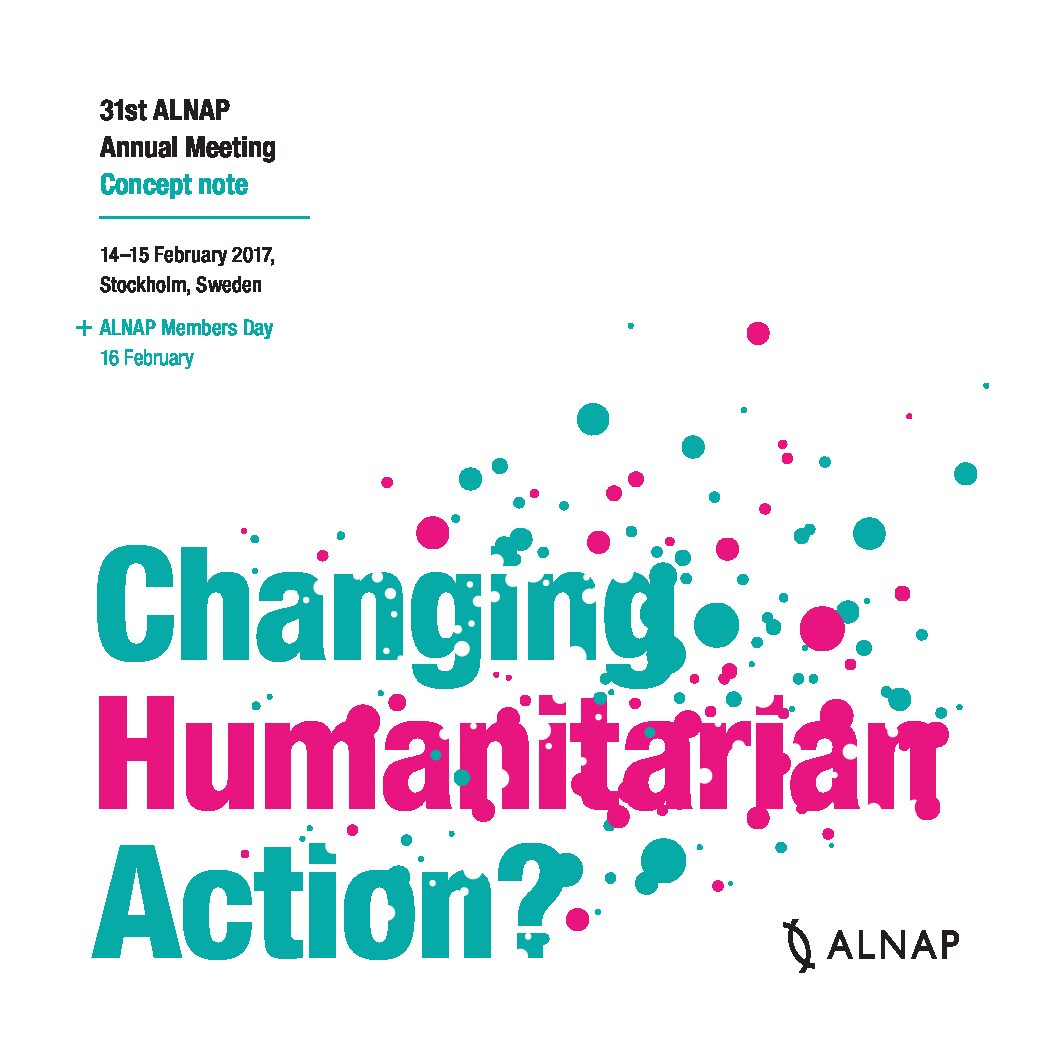
This cheat sheet is intended to serve as a reference guide for key terms and concepts frequently used when talking about results-based approaches to protection (RBP).

In this series of tip sheets, InterAction highlights helpful considerations, resources, and examples of good practice to cultivate an evaluative mindset and using evaluation to adapt interventions for protective impact. The previous installments in this series of tips focused on establishing “evaluability” for protection interventions, defining the purpose and determining the criteria for success, and selecting evaluation approaches and methods. Iterative evaluation practice requires an enabling environment that supports feedback loops, whereby analysis and recommendations feed into decision-making and programmatic and strategic adaptation. This final tip sheet highlights a few considerations for the resources, processes, and organizational culture which support iterative evaluation for protection.

In this series of tip sheets, InterAction highlights helpful considerations, resources, and examples of good practice to cultivate an evaluative mindset and using evaluation to adapt interventions for protective impact. The first installment of this series of tips focused on establishing “evaluability” for protection interventions, defining the purpose and determining the criteria for success. This tip sheet outlines the next stages in the process – from refining our evaluation questions to considering which methods and approaches can help us learn and adapt in an iterative way.

"*" indicates required fields